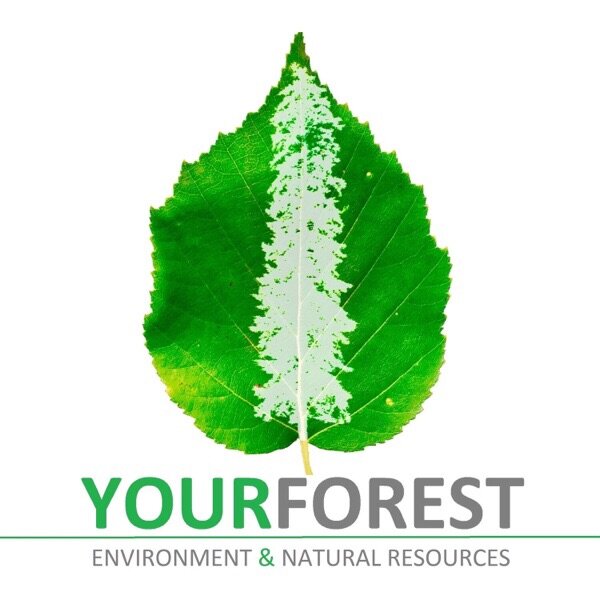How we value forests is changing, and our management strategy is often playing catch up. As a result, forest management in British Columbia is undergoing a paradigm shift. It is a values shift. A more holistic approach to managing forests that accounts for more than just the sustainability of trees. Old Growth was the lighting rod, ecosystem health is the goal. Garry Merkel came on to give us the run down how things area changing and why.
Resources
A New Future For Old Forests: https://www2.gov.bc.ca/assets/gov/farming-natural-resources-and-industry/forestry/stewardship/old-growth-forests/strategic-review-20200430.pdf
BC’s Old Growth Forest: https://sierraclub.bc.ca/wp-content/uploads/bcs-old-growth-forest-a-last-stand-for-biodiversity-report-2020.pdf
Review Panel Old Growth Strategy: https://www2.gov.bc.ca/assets/gov/farming-natural-resources-and-industry/forestry/stewardship/old-growth-forests/written-submissions/020_anton-van-walraven.pdf
Declaration on the Rights of Indigenous Peoples Act (DRIPA): https://www2.gov.bc.ca/gov/content/governments/indigenous-people/new-relationship/united-nations-declaration-on-the-rights-of-indigenous-peoples
Sponsors
Quotes
08.32 - 08.55: “The forest is not the ecosystem; the forest is the product of the ecosystem. The ecosystem is the whole environment - all the species together, the relationships between those, the different water cycles, carbon cycles, sun, etc… that all result in conditions that can foster certain kinds of forests.”
11.45 - 12.15: “We need to change the system, we need to start to focus on maintaining ecosystem health and resilience and we need to… work on the basis that if you take care of the ecosystem, if you take care of the health of the ecosystems both at the small and large scale, the connectedness between them, and leave patterns on landscapes and look after local ones to build out the big ones etc., it will take care of almost everything else.”
Takeaways
A change is needed (04.48)
Garry shares that he and Al Gorley were asked to conduct a review of old growth forest management in BC by the BC Cabinet. Garry and Al spoke to thousands of people and compiled metrics from all the inputs. The consensus was that people are unhappy with the way forests are managed unsustainably and with values compromised.
Trees are not commodities (08.24)
Garry explains that a forest that is burnt or blows over comes back as the same forest in an intact ecosystem. But the common practice of clear cutting takes away the understory, which destroys the ecosystem and forces it to grow again from a zero stage. On a large landscape level, this impacts communities which rely on the forest as well.
Co Governance (11.45)
Garry and Al recommended that the BC Government build a strategy collaboratively with the Indigenous community to prioritise ecosystem health with consistent policies in a 3 zone framework. They also highlighted which ecosystems need to be deferred in order to protect old growth. Garry highlights that better definitions of old growth and zero stages are needed.
Preserving old growth (15.39)
Garry suggests changing silviculture practices from clear cut to more natural disturbance type to maintain ecosystems and increase the targets for old growth. It is also important to transition these plans from the province to the local communities.”In essence, old growth review is about changing the way we view and look after the land in this province”, he shares
A big societal shift (20.50)
Garry believes the shift to protecting old growth requires three big shifts - shifting to joint governance with Indigenous communities, shifting to inclusive, multi-sectoral regional based planning and decision making and shifting our entire mental framework from focusing on individual resources to focusing on ecosystems.
Sustainability is the journey (26.20)
Garry thinks this shift will be more sustainable even as it changes our economic relationships with the land. Resilient landscapes with healthy ecosystems yield economic dividends too, he explains. Part of his upbringing in an Indigenous community was to look at sustainability as an approach instead of a destination. He helps people translate this approach to action.
“Life is what happens when you are planning what to do” (39.57)
Garry speaks about the challenges of implementing changes with COVID and the varied 200+ First Nations in BC. The land governance piece of the shift is an important one to help bring structure to this situation. He is working on implementing the Forest Landscape Plan in BC to involve multiple sectors, especially technical experts, in building forest plans.
Preserving forest values (45.15)
Garry laments that there are processes currently taking place that haven’t received consent from First Nations and that not all percentages of old growth protection have been met. However, they are looking to update silviculture practices and invest in research to implement them across the province. He is hopeful about some big changes with the upcoming election.
“Moving at the speed of understanding and trust” (1.00.46)
Garry observes that many industries are realizing the importance of a holistic approach to land management. He is hoping to have the land stewardship framework endorsed by the BC Cabinet. He is passionate about being a part of this movement towards making a change. He is positive about the land stewardship approaches created by Indigenous communities.
Science and wisdom (1.10.12)
Garry suggests each individual begin their own learning journey, communicate their vision with their local representatives and be a part of holding the government accountable to the public and the environment. He encourages learning from Indigenous wisdom about land management.
The paradigm shift (1.15.47)
Garry explains, “A paradigm shift is simply a significant change in thought”, and action follows a paradigm shift. COVID brought on a paradigm shift in how we structured communities and we translated that into the action of redesigning communities. He shares the example of how bike helmets were adopted when the mortality rates of children were related to not wearing helmets.
Living in harmony with nature (1.21.48)
Garry has had the opportunity to speak to many other countries and jurisdictions adopting a holistic land management practice. He shares how different countries have adopted different land management practices and how they are transforming their approaches. The public wants governments to adopt land management practices that will allow long term stable living.
If you liked this podcast, please rate and review it, share it on Instagram, Twitter and Facebook, tag a friend, and send your feedback and comments to yourforestpodcast@gmail.com.

